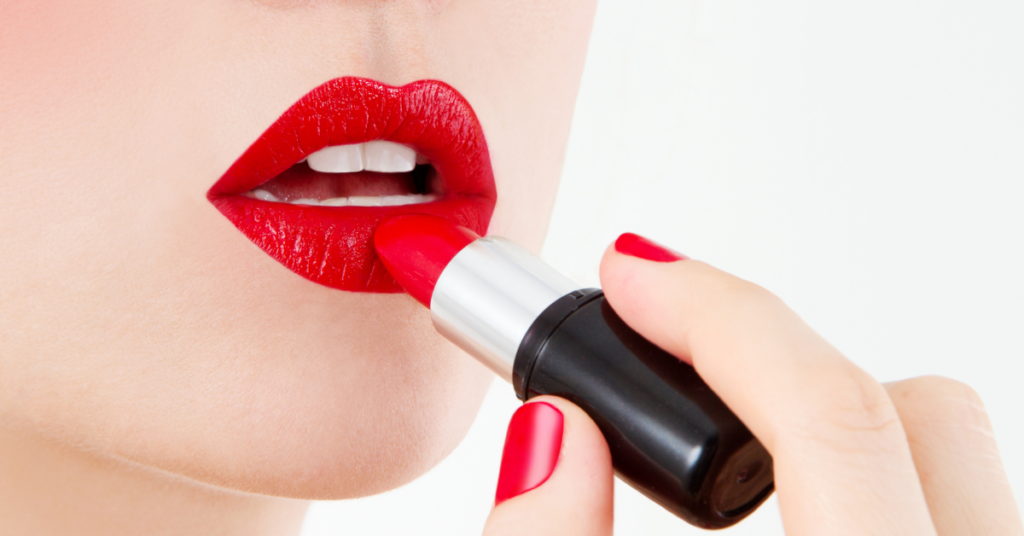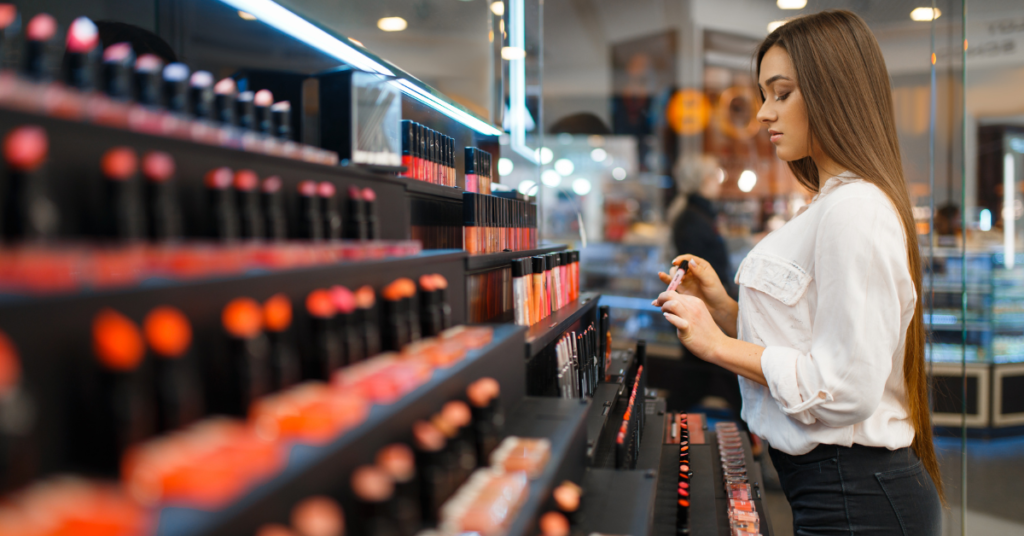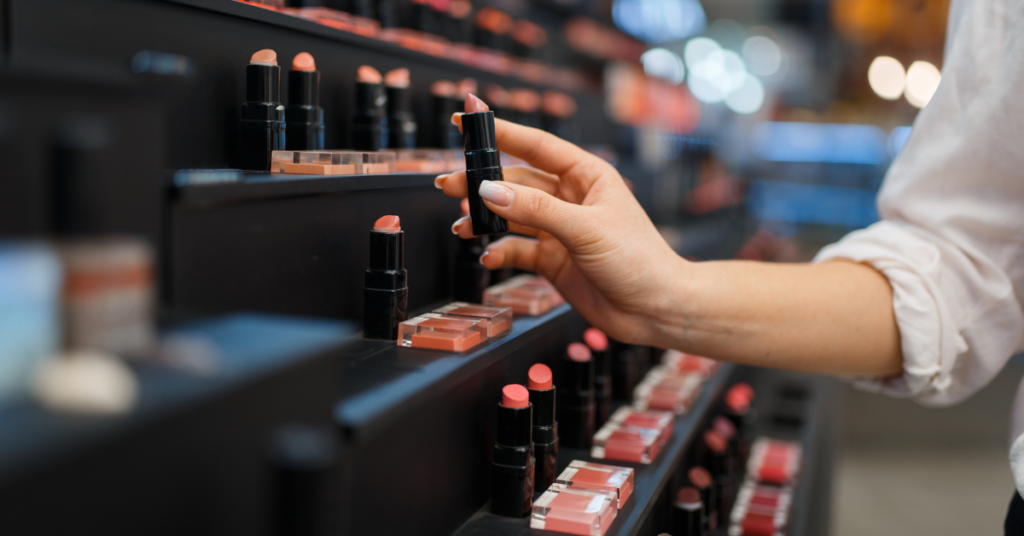The Lipstick Index is an economic indicator that reflects changes in consumer behavior during economic downturns. This concept was proposed by Leonard Lauder, the former president of Estée Lauder, in 2001. He observed that during periods of economic recession, lipstick sales tend to increase. The underlying logic is that when economic conditions are poor, consumers may reduce their spending on large luxury items such as expensive clothing or high-end products, but they still seek to uplift their mood and satisfaction by purchasing smaller, less expensive luxury items like lipstick.

Key Concepts of the Lipstick Index
- Emotional Adjustment: During economic downturns, consumers still want to boost their mood and confidence by purchasing smaller, relatively inexpensive luxury items.
- Consumption Substitution: As spending on large items decreases, people opt for lower-priced items that offer similar psychological satisfaction.
- Target Market: Lipstick, as a cosmetic product, primarily targets female consumers. Even during economic downturns, women continue to care about their appearance, driving the sales of lipsticks and other cosmetics.
However, simply relying on these concepts is not enough to fully explain the phenomenon of the Lipstick Index. Consumer psychology plays a crucial role in this, and by delving deeper into the psychological motivations of consumers, we can gain a more comprehensive understanding of this phenomenon.

Consumer Psychological Analysis
Self-Reward Psychology: In economic downturns, many consumers reduce their large expenditures to cope with financial pressure. However, they still want to enjoy some small luxuries as a reward for themselves. Buying lipstick is a relatively low-cost way to feel a bit of luxury and joy, alleviating the stress and anxiety brought about by the economy. This self-rewarding psychological mechanism makes lipstick a popular item during economic downturns.
Psychological Comfort: Uncertain economic prospects can cause consumers to feel anxious and uneasy. Lipstick, with its vibrant colors and ability to boost confidence, provides strong psychological comfort. Applying lipstick not only enhances personal image but also allows consumers to see a more confident and energetic version of themselves in the mirror, providing psychological comfort and satisfaction. In this way, lipstick becomes an effective tool for consumers to cope with economic pressure.
Social Needs: Even during economic recessions, social activities remain an important part of people’s lives. Consumers want to present a good image and confidence in social situations. Lipstick, as an essential cosmetic product, helps them achieve this goal. By buying and using lipstick, consumers can feel more confident in social activities and increase their willingness to interact with others. This social need becomes even more prominent during economic downturns, as people want to enhance their social value through a good appearance.

Escaping Reality: Facing economic pressure and uncertainty, consumers sometimes choose to temporarily escape reality by purchasing small luxury items. Lipstick, as an item that can bring immediate satisfaction, offers a brief escape, allowing consumers to forget their worries and enjoy a moment of happiness. This psychological mechanism makes lipstick a “mental balm” during economic downturns.
Identity Symbol: For many consumers, lipstick is not just a cosmetic but also a symbol of identity. Even during economic difficulties, they still want to show their taste and style through such means. Buying and using lipstick helps them maintain their identity and convey a positive and optimistic message. This need for identity symbolization allows lipstick sales to remain high during economic downturns.
The Lipstick Index is not just an economic phenomenon; it deeply reflects consumer psychology under economic pressure. Through self-reward, psychological comfort, social needs, escaping reality, and identity symbolization, lipstick sales increase during economic downturns. This phenomenon reveals the complex psychology of consumers and provides valuable insights for companies to formulate marketing strategies during economic downturns. Understanding and utilizing these psychological motivations can help companies better meet consumer needs and boost product sales during economic recessions.
Interested in how you can apply these insights to your marketing strategy? Contact The Comma Creative today to learn how our expert team can help you build a resilient brand that thrives even during economic downturns. Let us help you connect with your audience on a deeper level and drive sustained growth.



